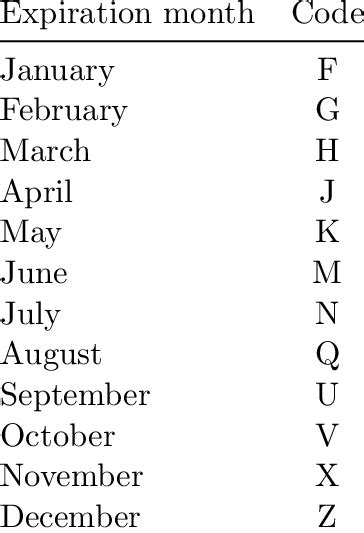Futures Expiration: Planning Your Cryptocurrency Trades Effectively
The world of cryptocurrency has experienced rapid growth and volatility over the years, with many investors rushing to get in on the action. While some have made significant profits, others have lost substantial amounts due to ill-fated trades. One crucial aspect of trading cryptocurrencies is managing your positions, which can involve futures expiration. In this article, we will discuss the importance of planning your cryptocurrency trades effectively and provide tips for navigating the complex world of futures exiration.
What is Futures Expiration?
Futures expiration refers to the point at which a contract or investment instrument expires, marking its end of life. This occurs when the underlying asset (such as a cryptocurrency) reaches a predetermined level, typically based on price, supply and demand, or other market factors. The expiration date serves as a deadline for trading purposes, after which time the contract will be closed out and settled.
Why is Futures Expiration Important?
Futures expiration can have significant implications for your cryptocurrency trades, especially if you are not properly prepared. Here are some reasons why futures expiration is crucial:
- Risk Management: Futures expiration requires careful risk management to ensure that you avoid significant losses. If you don’t plan ahead, you may end up selling at a loss or missing out on potential gains.
- Trading Strategies: Understanding futures expiration can help you develop effective trading strategies. By recognizing when contracts are about to expire, you can adjust your position size and timing to maximize profits.
- Position Sizing: Futures expiration can impact your position sizing strategy. If you have a large position with an expiring contract, it may be more beneficial to close out part of the position before expiration rather than risking additional losses.
Tips for Planning Your Cryptocurrency Trades Effectively
To navigate futures exiration and make informed decisions, follow these tips:
- Understand the Contract Terms: Familiarize yourself with the contract terms, including the strike price, expiration date, and margin requirements.
- Set a Stop-Loss Order
: A stop-loss order can help limit your losses in case of a sudden market movement. Set a stop-loss order at a level that protects your profit target.
- Monitor Market Activity: Keep an eye on market activity leading up to the expiration date, including news and events that may impact the underlying asset.
- Adjust Your Position Size: If you’re trading with futures contracts, it’s essential to adjust your position size in response to changes in market conditions.
- Avoid Emotional Decisions: Avoid making emotional decisions based on short-term market fluctuations. Stick to a well-thought-out trading plan and risk management strategy.
- Diversify Your Portfolios: Spread your investments across multiple markets, including cryptocurrencies, to minimize exposure to any one particular asset or sector.
- Stay Informed: Stay up-to-date with the latest news and developments in the cryptocurrency market to make informed decisions.
Additional Considerations
In addition to planning your trades effectively, consider the following:
- Trading Hours: Be aware of trading hours for cryptocurrencies, which can impact liquidity and volatility.
- Market Volatility: Cryptocurrency markets are known for their high volatility. Stay prepared for potential losses or gains based on market fluctuations.
- Leverage: Understand the risks associated with leverage (borrowing money to trade) when using futures contracts.
Conclusion

Futures expiration is a critical aspect of trading cryptocurrencies, requiring careful planning and risk management.











